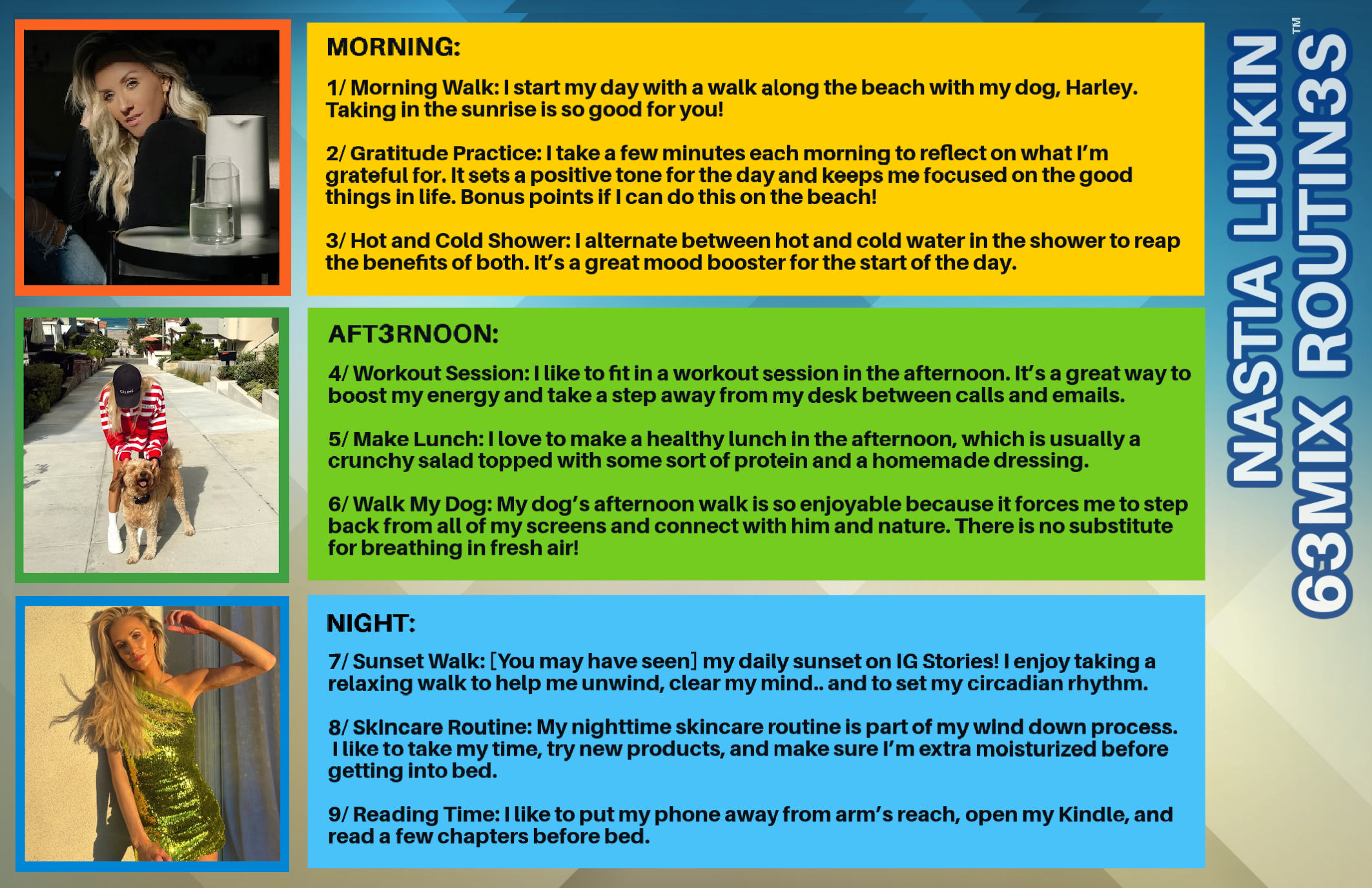Some of the most widely dreaded risks of sleep deprivation are diabetes, memory loss, skin aging, etc., which are bad for your physical and mental health. However, one of the biggest drawbacks of a poor sleep health is that it can severely impact your performance at work. Hindrances like decreased productivity and lack of concentration at work can often lead to low self-esteem and even job loss in some cases. Therefore, we have compiled a list of some of the worst ways that will help you understand how sleep deprivation affects work performance.
#01 Alertness
People experiencing a bad sleep quality are also prone to face a lack of attention and reduced daytime alertness, especially those working night shifts or the ones with extended work hours. A night sleep that lasts less than 7 to 8 hours can hinder the mind’s ability to process information and induce a state similar to that of being drunk. According to a past study published in the journal Sleep, participants who slept less than 7 hours went through a poor performance at work due to issues like lack of focus, reduced creativity and inability to think clearly. Such employees also had a hard time maintaining their focus and often find themselves distracted during work.
#02 Daytime Drowsiness
Cases of motor vehicle and workplace accidents several times involve people who are deprived of sleep or have sleep disorders like insomnia and sleep apnea. Accidents at workplace can often cause a great deal of damage to not only yourself but also other at your work place. Feeling sleepy at work can often lead to lack of motivation and acts like yawning and dozing off at workplace can also send a bad message. Though caffeinated drinks are good for increasing alertness, a rich amount of caffeine, especially taken close to bedtime can further disrupt the sleep schedule by making it harder to fall asleep.
#03 Memory Loss
Less amount of both rapid eye movement (REM) sleep and non-rapid eye movement (nREM) sleep can make it harder for someone to consolidate or recall memories. This makes the process of learning new things and processing new memories at work harder. A study by Harvard researchers suggests that sleeping less or more than the right amount can make it harder to store memory. Accumulation of protein fragments known as beta-amyloid in the brain is also considered responsible for Alzheimer’s, a neurodegenerative disease.
#04 Productivity
An insufficient amount of sleep on a regular basis is related to decreased efficiency at work and difficulty in solving problems. Such sleep deprived people may often find themselves unable to meet deadlines and may get burdened by the workload. This can often impact the relationship between coworkers and heighten job dissatisfaction. As a result, people end up spending more time on their work than it warrants and end up bringing their work home and disrupting their sleep schedule. A recent study found that participants who received an insufficient amount of sleep were more likely to commit errors at work
#05 Stress
Reduced amount of sleep at night can cause the cortisol levels of the body to increase rapidly. Cortisol is the body’s stress hormone that is responsible for regulating the level of stress in the bloodstream. Although the right amount of cortisol in the body is key for maintaining alertness but an increased quantity of the hormone can disrupt your sleep-wake cycle and reduce your performance at work. While lack of sleep can lead to stress at workplace, workplace stress in itself can cause further disruption of sleep. It’s therefore always a good idea to turn to friends and coworkers to discuss their workplace or seek professional help.
#06 Tiredness
Failing to achieve a good 7 to 8 hours of sleep in the night can lead to individuals waking up with a headache and a feeling of tiredness that persists throughout the day. This weariness severely affects the work performance and causes grogginess in which the sensory activity of the brain is highly diminished. Due to this decreased work efficiency, employers may have to let go such groggy employees, especially in this age of high job demands and increased work pressure. Never let things like an old mattress ruin the perfect night sleep you deserve. Follow these handy tips to sell off your old mattress and get yourself a new one according to your liking.
#07 Decision Making
It is one of the many functions regulated by the brain’s pre-frontal cortex which gets affected due to a lack of sleep. Your decision-making abilities at workplace may often impede your progress and a send a bad message about your training and work experience. Split-second decision-making and logical decision-making abilities are highly affected due to the impaired brain activity caused by lack of sleep. Your decision making can often cause the company and its workers a great deal of damage.
#08 Workplace Injury
Another major risk of sleep deprivation is the increased chances of injury at workplace. Studies show that people with sleep disorders and daytime sleepiness are more likely to experience such injuries. People who experience such injuries also end up taking more leave which can in turn affect the productivity. The Chernobyl Nuclear disaster in 1986 and the Exxon Valdez Oil spill in 1989 are just two of the several accidents that can be called as the perfect examples of sleep deprivation causing accidents at workplace.
Bottom line:
Failure to carry out your job can prove detrimental to you not just on a personal level but can also impact the performance of your subordinates and the company itself. Increased workload and other responsibilities may often cave in your sleep routine but people must understand that a person with sleep deprivation will never be great at carrying out the work he’s supposed to do.











